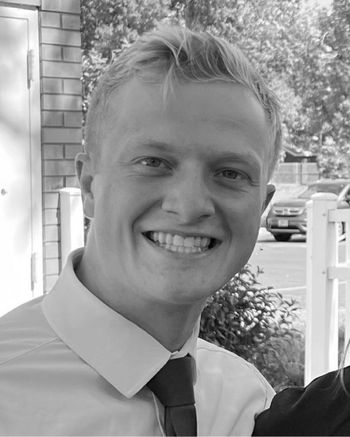Tufts University hosts 'Unpacking Whiteness' discussion series
The series includes an ‘Unlearning Process’ which addresses the ‘Myth of Meritocracy.’
Participants are asked to unlearn their ‘Internalized Dominance and Subordination.’
The Tufts University division of Diversity and Inclusion is hosting a discussion series, “Unpacking Whiteness.”
The series joins two others in the Tufts “dialogue series programs” with listed learning outcomes that include an “Unlearning Process,” or a “challenge” to “myths/tropes/narratives that inform oppressive mentalities.”
“Unpacking Whiteness” is intended “to address the experience of those who have racial privilege and who would like to find support in understanding how to practice anti-racism in their daily lives,” the website reads.
[RELATED: Tufts removes portraits of past presidents because they’re too White]
The discussions happen weekly, according to an article from The Tufts Daily. A description of the dialogue series programs says that they “bring together small groups of participants who aim to interrogate their understanding of the construct of whiteness as a global social paradigm.”
“This construct operates in hidden ways that too often gives rise to racism and oppression,” the description continues.
Before the discussions, “[p]articipants are provided with 3-5 readings/videos/podcasts and accompanying reflection questions to complete ahead of each 90-minute session.”
The topic section describes anti-racism as an “ongoing process of identifying and eliminating racism by changing systems, organizational structures, policies, practices, and attitudes in a way that redistributes power and creates more equitable policies.”
During the “Unlearning Process,” participants examine “[k]ey foundations” that include the “Myth of Meritocracy, the American Dream and American Identity“ as well as individuals’ “Internalized Dominance and Subordination (Psychological Colonization).”
In addition to the “Unlearning Process,” the dialogue series programs ask participants to create “Brave Spaces.” This part involves “discussions that examine the everyday experiences of marginalized populations within higher education, explore the factors that influence campus climate, and prepare participants to engage in change agency.”
[RELATED: UChicago announces ‘The Problem with Whiteness’ course]
This discussion series comes after a 2021 audit called “Tufts as an Anti-Racist Institution.” Tufts President Anthony Monaco announced the initiative to “eradicate any structural racism at Tufts and to take the steps necessary to become what every member of our community would view as an anti-racist institution.”
The audit lists five strategic priorities. One priority, “Anti-Racism Education,” involves helping “every member of the Tufts community to identify, address, and dismantle racism in order to drive anti-racist attitudes, values, and behaviors.”
To “improve Tufts’ faculty and staff recruitment processes,” prospective faculty and staff must “submit anti-racism/DEI statements and require schools/units to embed an anti-racism/DEI statement in every job posting.”
The audit’s recommendations also include reporting instances of racism. “Support community members who report instances of racial bias and discrimination regardless of the source of the allegations,” the recommendations read.
Campus Reform contacted The Tufts Daily, Tufts, and the division of Diversity and Inclusion for comment. The article will be updated accordingly.

